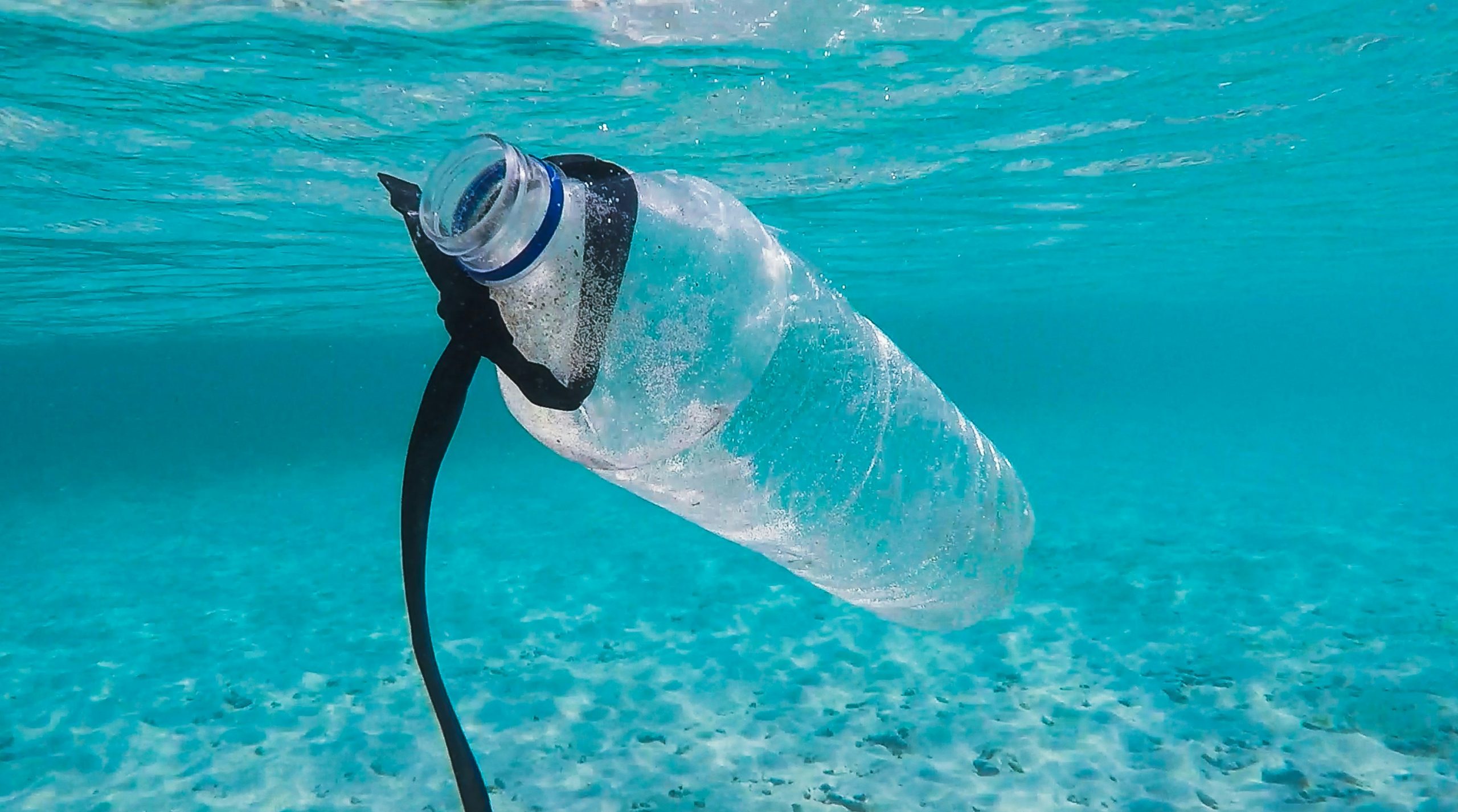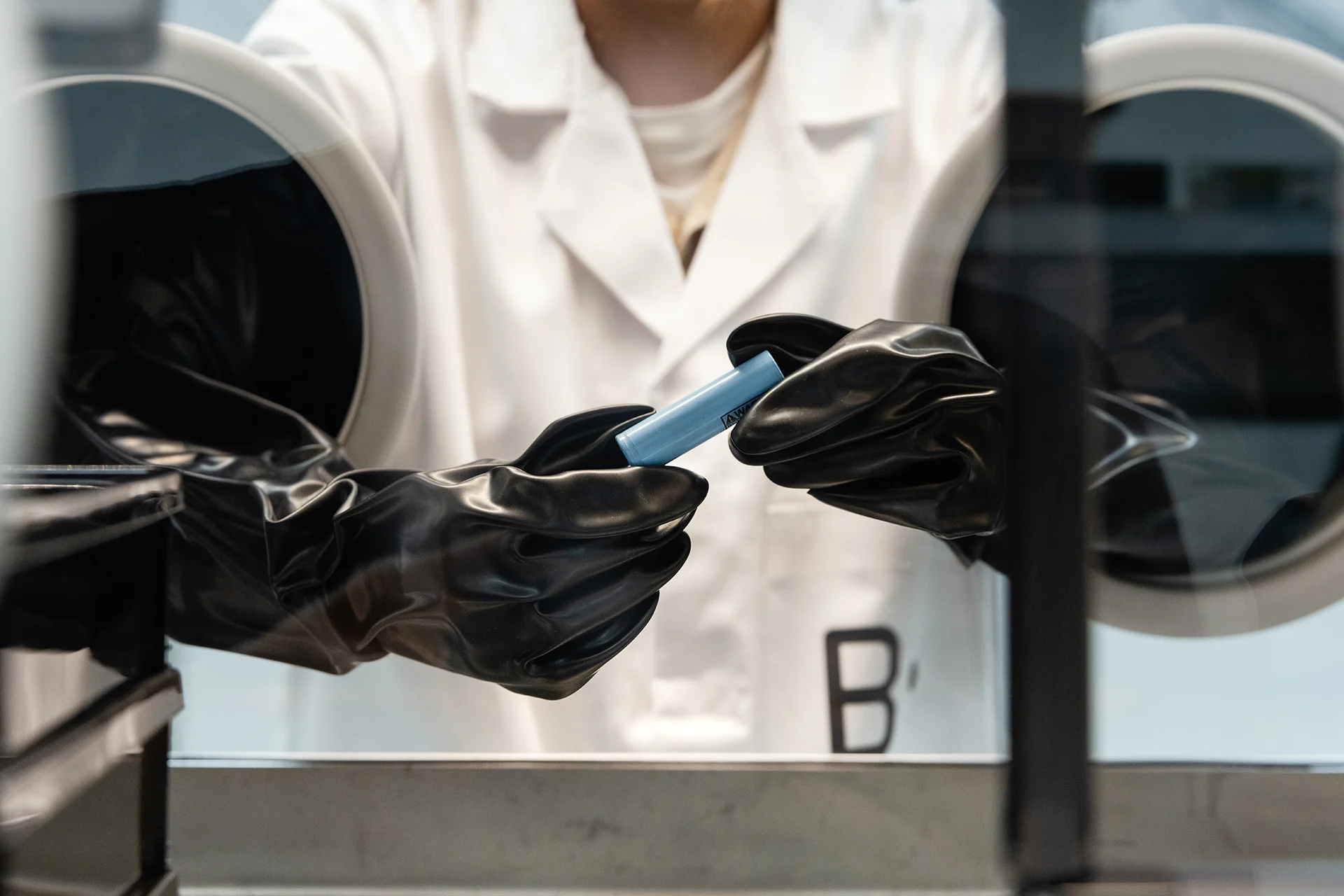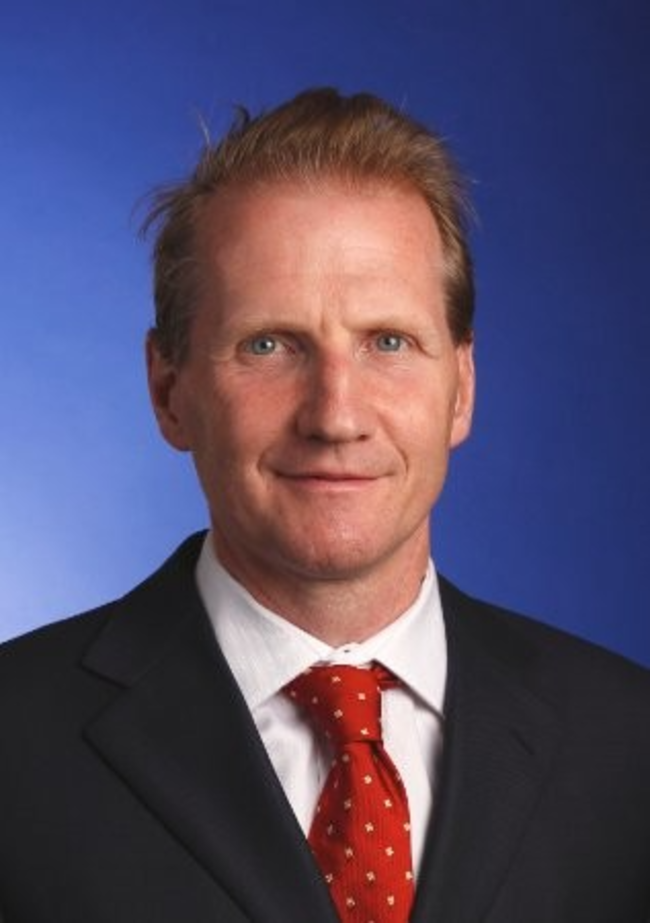- Plastics Pacts, uniting companies, governments, and NGOs to address plastic pollution, now operate in 19 countries and have removed over 360,000 tonnes of problematic and unnecessary plastics. Pact members’ packaging now contains 44% more recycled content, preventing 2.2 million tonnes of virgin plastic use in 2022.
- WRAP and the Ellen MacArthur Foundation (EMF) release the inaugural Plastics Pact Network impact report, indicating the Network’s potential for expanded influence with renewed business support and increased investment, and advocating for a bold Global Plastics Treaty.
The Plastics Pact Network, a coordinated global response to the challenges posed by plastics, is managed through a partnership between WRAP and EMF. Ahead of the crucial INC-5 negotiations (November 25 – December 1 in Busan), the Network’s inaugural impact report showcases the progress made over the past six years.
Unified by a common goal, all Plastics Pacts aim to establish a circular economy for plastics and eliminate waste and pollution. With over 900 participating organizations across 19 countries, the Network has quickly become a leading force in tackling plastic pollution on both national and global levels. The Pacts operate with four ambitious, time-bound targets designed to drive circularity and impact.
The Global Plastics Pact Network’s first impact report reveals:
- Target 1 – *1 Eliminate problematic and unnecessary plastic packaging and items. Together, Plastic Pacts have eliminated over 360,000 tonnes of problematic and unnecessary plastics by removing tens of billions of items from circulation.
- Target 2 – Plastic packaging to be reusable, recyclable or compostable.
Plastics Pacts have redesigned more than 850,000 tonnes of plastic packaging to be reusable, recyclable or compostable at scale.
- Target 3 – Increase amount of plastic packaging effectively recycled.
Plastics Pact countries saw a 9% increase in the amount of plastic packaging recycled, equating to 463,000 tonnes. While the Network has been active for the past six years, many Pacts have only launched in the past three years making this a particularly impressive impact in a relatively short timeframe.
- Target 4 – Increase average recycled content across all plastic packaging.
The Network has increased recycled content in packaging by 44%, meaning that over 2.2 million tonnes of virgin plastic were avoided in 2022.
Harriet Lamb, CEO, WRAP “At the first global meeting of Plastic Pacts this year, it was truly inspiring to hear how these Pacts are the true vanguard of a new circular economy for plastics. They show what’s possible through collaboration. The Pacts have brought together members across the supply chain, from major companies to waste-pickers, to create practical, empowering change. The challenge is huge, but so are the benefits to improve the situation for people affected by plastic waste around the world. The Plastics Pact model is ready to scale up and deliver even greater impact, but urgently needs investment, business backing and policy support.”
In just six years, Plastics Pacts have demonstrated their ability to drive substantial change within their respective countries. The Network is now poised to significantly expand its impact on both national and global levels. To realize this ambitious vision, WRAP emphasizes the need for renewed business support and increased investment. Such resources would help the Network tackle critical challenges, including scaling infrastructure, advancing reuse, innovating flexible packaging solutions, and implementing fair practices. WRAP is also advocating for a comprehensive Global Plastics Treaty to establish the necessary policies for transformative change.
Sander Defruyt, Lead of Strategy and Thought Leadership for the Ellen MacArthur Foundation’s Plastics Initiative, “It has been inspiring to be part of the Plastics Pacts efforts over the last six years and to see the immense positive impact they are creating. Plastics Pacts are turning vision into united local and collaborative action worldwide, underpinned by unprecedented transparent reporting on progress. Despite these achievements, we recognise the world remains far off track from fixing the plastic pollution crisis. Based on our learnings, we now know that ambitious legally binding global rules and accelerated business actions are both crucial to tackling plastic waste and pollution at the pace and scale required. The Plastics Pacts will continue to play a key role in this critical mission.”
The Network has made significant strides in addressing plastic pollution, as evidenced by these impactful case studies:
- Poland: Focused on eliminating problematic plastics. The Polish Plastics Pact, in collaboration with members and waste management experts, identified 17 problematic items and integrated these standards into retail practices.
- India: Tackled challenges with flexible plastics. The Indian Plastics Pact is addressing barriers related to single-use sachets and funding design innovations for flexible plastics, while also creating a roadmap to improve the recycling of these materials.
- ANZPAC (Australia, New Zealand, and Pacific Islands): Advanced reuse and refill models. ANZPAC offers market insights and peer learning opportunities to boost reuse. Their working group studied success factors for reuse to support collaborative projects.
- South Africa: Amplified the voice of the informal waste sector. Partnering with the African Reclaimers’ Organisation, the South African Plastics Pact includes informal waste workers in its circular economy goals and 2030 targets.
- USA: Encouraged market signals for recycling. The US Plastics Pact developed a strategy to increase the use of post-consumer recycled content (PCR) in packaging and created a toolkit to support PCR procurement, with widespread public commitments from packaging users.
- Chile: Influenced policy for circularity. The Chilean Pact has engaged with the Senate to support the implementation of single-use plastic laws and demonstrated effective strategies for elimination, reuse, and recycling.
Angela Mayer, Senior Program Manager at ANZPAC Plastics Pact, states, “We [ANZPAC] are proud to be part of a network that values collaboration and addresses systems change. Our goal is to create a region where plastic packaging meets community needs without harming ecosystems, supported by international cooperation.”
Patrícia Carvalho, Coordinator of the Portuguese Plastics Pact, adds, “The Plastics Pact Network’s first impact report is a milestone that shows how local actions can create global benefits. By working together, we can innovate and drive positive changes toward a circular plastic economy.”
As the global plastic pollution crisis intensifies, there is an urgent need for a comprehensive approach to plastic production, use, and disposal. The Plastics Pacts Network, with additional funding, can accelerate business actions and influence policy, significantly reducing plastic waste.
Harriet Lamb comments, “The Plastics Network report is crucial for supporting the future Global Plastics Treaty. We need ambitious, binding policies and effective regulatory frameworks alongside enhanced voluntary business actions to end plastic pollution and move towards a circular economy.”






